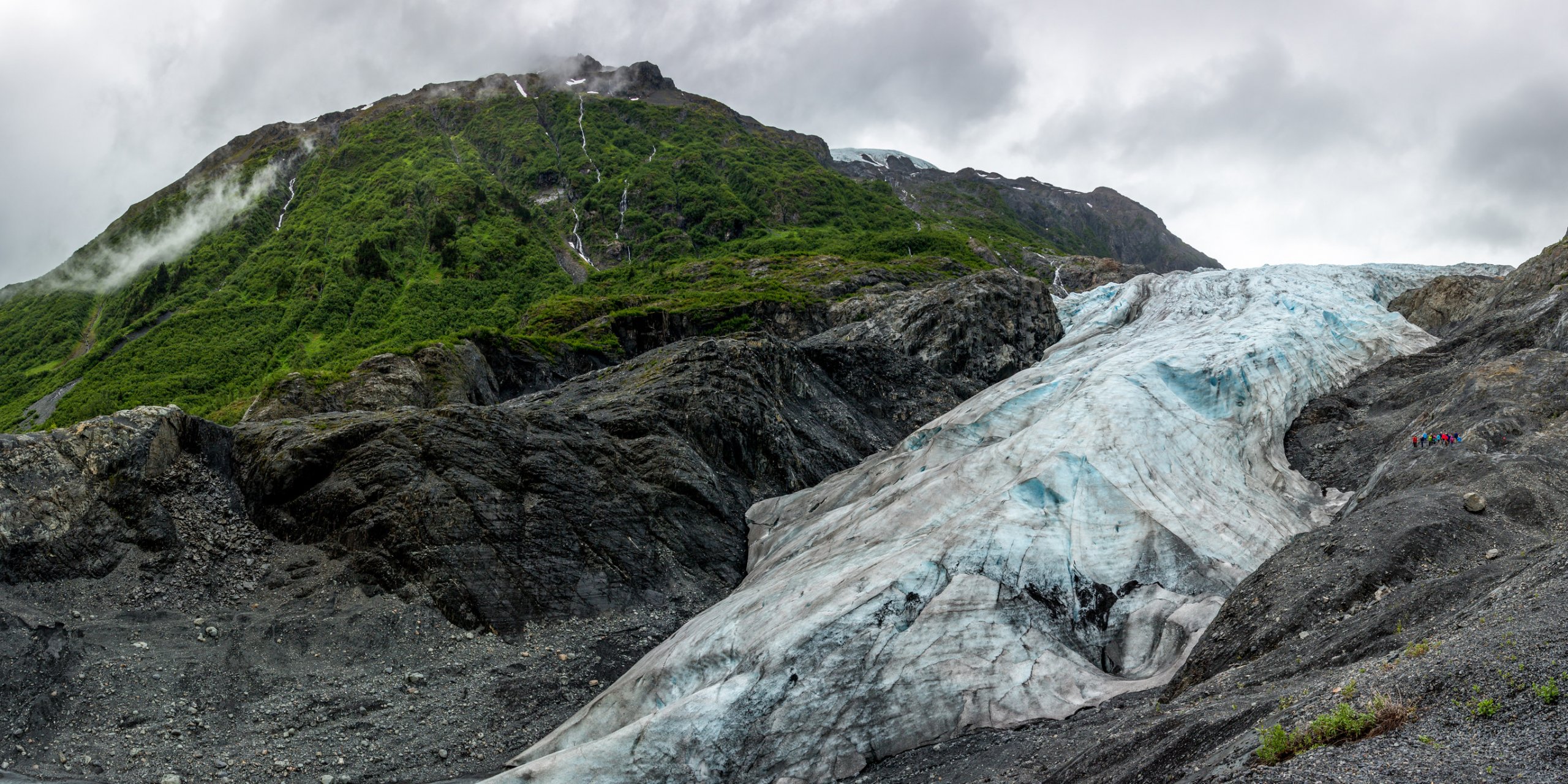
The IPCC’s Sixth Assessment Report, described as a ‘reality check’ by Valerie Masson-Delmotte, Co-Chair of IPCC Working Group I, includes for the first time a detailed regional assessment of climate change. This explores what projected changes mean for societies and ecosystems, and aims to give decision-makers regionally specific, granular information to support risk assessment and adaptation plans. Evidence of changes in extremes – such as heatwaves or intense rainfall that can cause flooding – has strengthened since the Fifth Assessment Report, reflecting scientific advances in attributing extreme weather and climatic events to climate change.
Many of the changes being observed are ‘unprecedented’ over many centuries to thousands of years, say the authors, and human influence on warming the atmosphere, ocean and land is today ‘unequivocal’. Under all of the emissions scenarios considered, warming is expected to continue until at least 2050, exceeding 1.5°C and 2°C during this century, unless there are deep reductions in CO2 and other greenhouse gases in the coming decades.
However, strong, continued action to reduce CO2 and other greenhouse gas emissions would limit climate change, potentially stabilizing temperatures within 20 to 30 years and improving air quality over a shorter timeframe. This would require deep, sustained action, reaching at least net zero CO2 emissions, combined with cuts in other emissions, such as methane.
To find out more about the kind of science-based initiatives to support emissions reductions, explore the resources on the ISC’s Transform21 portal, for which the Council is working together with the incoming UK Presidency of COP26 in order to curate scientific information relevant to the conference.
The Intergovernmental Panel on Climate Change (IPCC) is the international body for assessing the science related to climate change, and was formed in 1988 by the World Meteorological Organization (WMO) and United Nations Environment Programme (UNEP). To find out more about the IPCC and the role of the ISC’s predecessor organizations in convening the science community, read The origins of the IPCC: How the world woke up to climate change, written in 2018 to mark the panel’s 30th anniversary.
Photo: Exit Glacier, Alaska (Jonathan via Flickr).